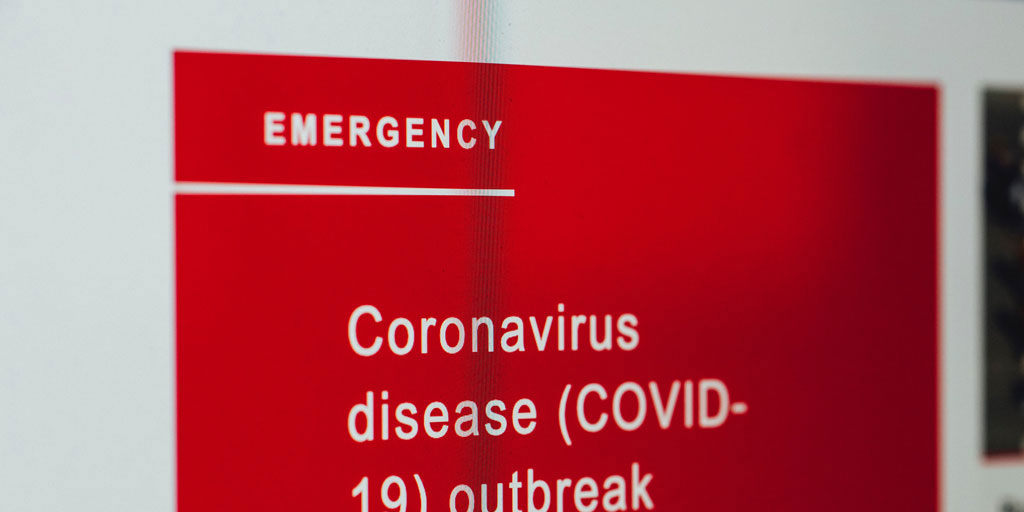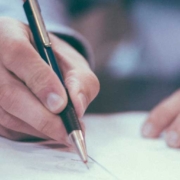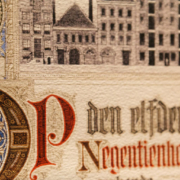Tax on Employer Share Incentive Plans (SIP)
Many employees of publicly listed companies are given the option of obtaining shares in the company through a Share Incentive Plan (SIP). The employer would have a number of reasons for doing so, mainly to motivate the workforce by giving them a vested interest in the performance of the company and to aid retention of key employees.
Although not generally discounted, there are tax benefits of buying the shares in this way, as opposed to buying on the open market, mainly that they are purchased out of gross salary so that the individual’s taxable income will reduce by the value of shares purchased. However, as always, there are strict rules around maximum purchase values, holding periods, dividends etc. There are four types of shares available:
Free Shares – these are offered as a performance linked incentive (up to a limit of £3000 per tax year)
Partnership Shares – buying into a partnership out of your gross salary (up to a limit of £1500 or 10% of salary per tax year)
Matching Shares – the employer can match purchased partnership shares by giving up to 2 matching shares per partnership share purchased
Dividend Shares – these are new shares in the plan purchased with dividends received on free shares, partnership shares or matching shares. (Up to £1500 of dividends per tax year) These dividends are tax free provided they are held in the plan for at least three years. If dividends are not reinvested in Dividend shares, they will be subject to UK income tax in the normal way and need to be declared via a Self- Assessment Tax Return.
If you already partake in, or are thinking about joining, your employer’s SIP, give us a call and we can help you understand the tax implications – 0131 556 8595.
- HMRC Investigate Fraudulent Job Retention Scheme Claims - June 17, 2020
- Worldwide Disclosure – HMRC and Living Overseas - May 21, 2019
- UK Tax Loan Scheme for Pilots Still Up in the Air - March 20, 2019
Ricky worked as an Investigator in the Inland Revenue for over 20 years before founding Steedman & Company in 1987, giving him the experience and knowledge that enabled him to help so many clients over the years.
His appearance on a Channel 4 television programme about the inside workings of Revenue and Customs was watched by 4.1m which sealed his status as one of the most highly respected tax consultants to ever work in Scotland.
Ricky led all tax investigation and COP 9 cases, using his extensive knowledge to help people reach a positive resolution to their situation.
Ricky passed away suddenly and unexpectedly in June 2022 after leaving his indelible mark on the company he founded and headed for over 35 years.






